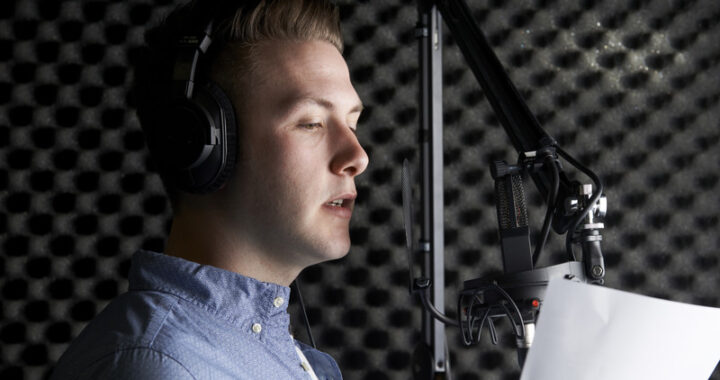It appears to me that issues around plagiarism are becoming more numerous, and also more complex. In pre-internet days, it seemed that whether that new song you’d written had crossed the line into being plagiarism was a bit more obvious.
 Get this eBook FREE when you purchase “The Essential Secrets of Songwriting”10-eBook Bundle package. Eleven songwriting manuals for $37 USD!
Get this eBook FREE when you purchase “The Essential Secrets of Songwriting”10-eBook Bundle package. Eleven songwriting manuals for $37 USD!
But today, and especially in light of the 2014 decision that Robin Thicke’s “Blurred Lines” was in fact too close to Marvin Gaye’s “Got to Give It Up” for comfort, the point at which a song might include plagiarized material is more difficult to discern.
I know this mainly because in the past year or so, up to half of the emails and blog comments I’ve been getting come from people wanting to know how much of an already-existing song they’re allowed to use without being accused of plagiarism.
If the purpose of your songwriting is to sing your tunes to your family and friends at home or sitting around the campfire, you probably don’t have a legal worry. But if you hope to stream your songs, or get them on the radio or perform them in a public venue, it becomes a more important issue, one with more serious legal implications.
If your concerns come about because you hear a similarity between your song and another one that’s out there, written by someone else, here are some things to think about:
- Officially, melody and lyrics are the two elements of a song that are protected by copyright.
- You can use another song’s chord progressions, but only the chords. If you find yourself borrowing other elements (and yes, this often happens subconsciously), you’ve got problems.
- The general feel of a song is, apparently, protected by copyright. This is what the “Blurred Lines” case has taught us. No melodies or lyrics were copied, but “Blurred Lines” just sounded too similar to “Got to Give It Up.”
- Taking a melody from an existing song and radically changing the tempo still (usually) amounts to plagiarism. In other words, though the original songwriter wrote something as a slow ballad, it’s not going to be possible to go twice as fast, use an entirely different instrumentation, or to change anything else about it in such a way as to put you in the clear.
- Changing the key of an idea you’re hoping to borrow from another song doesn’t change the fact that you’re using someone else’s idea.
Are there things you can do to, or borrow from, an already-existing song that don’t amount to plagiarism? Yes:
- You can take a song’s melody and reverse it, to see if anything about it is usable in your own song. If it bears no resemblance to the original song, you should be fine. (Remember, this works if you take just the melody. If you start borrowing the beat, the rhythms, the general feel, etc., you’re back in trouble!)
- You can take ideas from old songs (folk songs, for example), ones which are in the public domain, and you should be OK.
If you’re genuinely concerned that the song you’ve written sounds too much like some other song, or even if you suspect it but can’t think of where you’ve heard your song ideas before, the best first step is to play your song for a friend and ask them if they recognize it.
Trying to determine if you’ve accidentally plagiarized is stressful, to be sure. Regarding melodies, there are some excellent ideas in this article: 9 Ways to Know if Your Melody Has Already Been Used in Another Song.
 Written by Gary Ewer. Follow Gary on Twitter
Written by Gary Ewer. Follow Gary on Twitter
 Practice makes perfect, but only if you aren’t reinforcing mistakes. Get going in the right direction – Get “The Essential Secrets of Songwriting” 10-eBook Deluxe Bundle, and this special deal.
Practice makes perfect, but only if you aren’t reinforcing mistakes. Get going in the right direction – Get “The Essential Secrets of Songwriting” 10-eBook Deluxe Bundle, and this special deal.











Is there a legal way to use another person’s version of an already existing song but totally change the subject and wording? i.e. use the chord progression and instrumental break of Autumn Leaves done by Eric Clapton.
It wouldn’t matter if you use the original version, or someone else’s version. You’d still be dealing with someone’s song, which is protected by copyright. Changing the wording and subject still (I assume) means you are using someone’s melody? If so, you’ll have problems (unless I’m misunderstanding your situation).
Gary